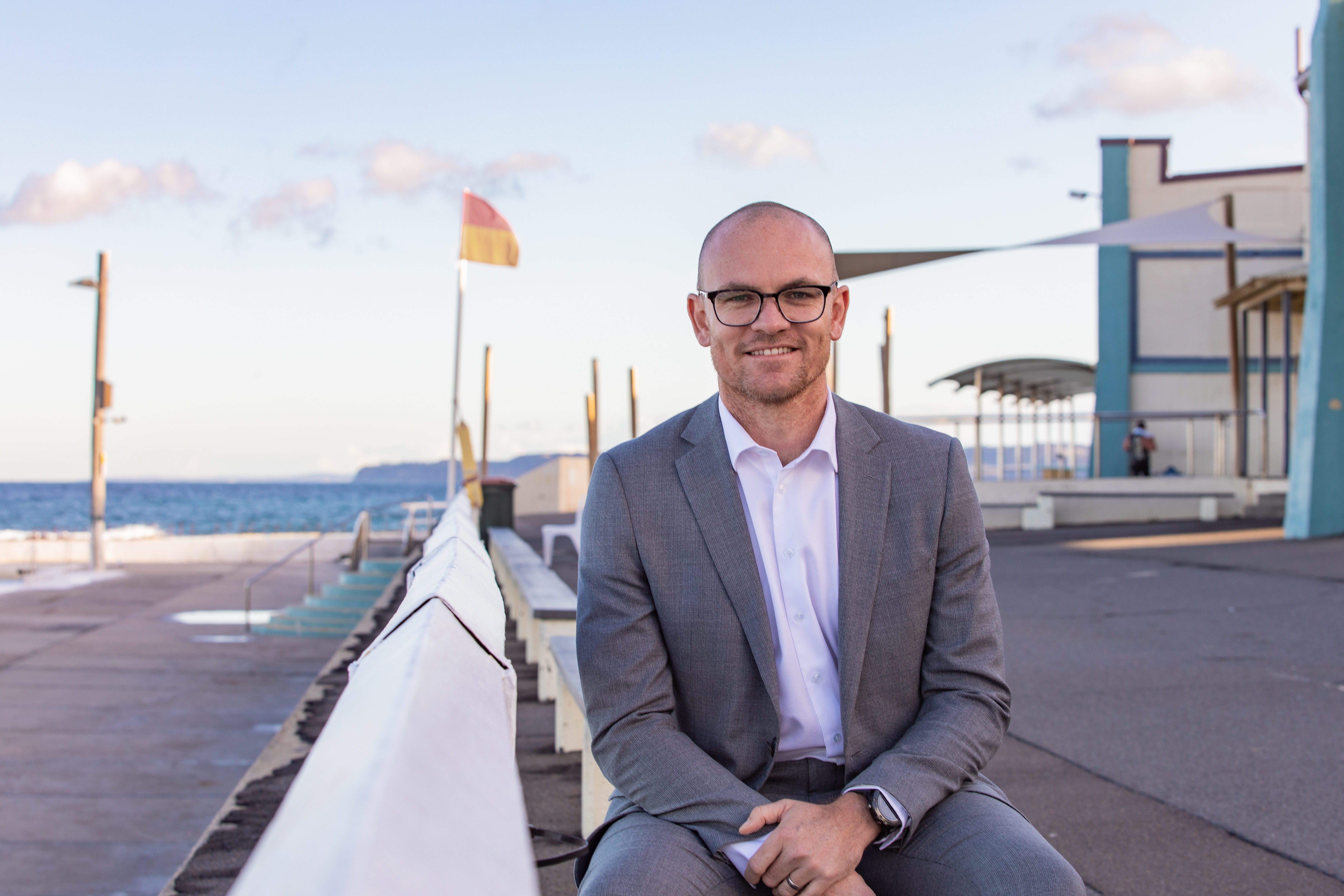 by Kurt Purkiss
by Kurt Purkiss
Every home deposit, investment portfolio or retirement planning needs to start somewhere.
You don’t need a lot of money to begin your journey to financial Independence. The most important thing is that that the sooner you start the better off you will be. Retirement planning can begin anywhere.
Trying to find the money to invest with can be difficult. There are mortgage repayments and rent. Bills and insurance. Kids to support. And, let’s be honest, fun to be had. This is why setting aside a fixed sum each pay period is the best way to begin creating a comfortable future.
Here are four tips to get you started, even if you don’t have much money to set aside right now.
1) The sooner you start, the sooner you reach your goal
Compound interest is a pain when it comes to paying interest on your mortgage, but when you are seeking investment advice, it makes an excellent ally. When you earn a dollar of interest and you reinvest that interest to earn you more interest, you are using the forces of compounding interest.
For instance if you invest $1,000 now at a return of 5%, in 20 years it will be worth $2,713. Now this might not seem that much, but what about if you start with $1,000 and keep adding $500 per month. With the benefit of compound interest, in 20 years you’ll have a healthy sum of almost $210,000, which could make a big difference to your lifestyle in retirement. Even adding $100 a month (less than a coffee a day) will leave you with almost $45,000, which is more than a few trips overseas.
2) Start with a clean slate
If a house’s foundations aren’t sound, it will have problems. It’s similar with wealth creation and retirement planning. It’s difficult to build your wealth if at the same time you’re living beyond your means and incurring unproductive debt. Sticking to a budget, paying your bills on time and ensuring you don’t have high interest credit card or personal loans eroding your financial position are crucial to building wealth.
Sometimes it’s simply a matter of paying attention. For instance utility companies often give hefty discounts for paying bills on time. Making sure this happens can put a $20 or $50 note in your pocket every month. Rather than give it to your energy provider, it’s money better off being directed into your longer term investment plans.
Large companies such as banks and utilities are notorious for giving honeymoon deals to new customers, while exploiting us for our loyalty and/or laziness. Your loyalty can cost you thousands of dollars, so it’s a good idea to review your debts. Think of it as an annual financial Health check.
3) Put Your Money to Work
It’s a cliché, BUT your money should be working as hard, if not harder, than you do.
The days where putting your money in a term deposit was the only economical way to invest are long gone. There are plenty of opportunities for low cost investing that provide access to a range of assets. Including shares, Exchange Trading Funds (ETF)s, Managed funds and Property Trusts.
There are so many options that it makes sense to seek advice from a professional Wealth Advisor. Investment advice was once reserved for the wealthy, but now, most advisory firms have packages that can cater to everyone’s needs. Whether they’re just starting out, about to retire or looking at passing on their wealth to the next generation. Wealth Advisors can help you to set realistic goals and navigate the path to achieving them.
4) Understand and exploit your superannuation
Retirement might seem like a distant dream or something that belongs to your parents. But, the sooner you understand the benefits of superannuation and how to maximise this part of your wealth, the better off you will be.
Due to the benefits of compound interest, putting more money into your super now will mean you have more later. This is magnified by the tax advantages of super contributions. At present you can contribute up to $25,000 a year into your super at a concessional rate of only 15%, as opposed to this money being taxed at your marginal rates. Putting money into super means more for the future you and less for the tax man now.
You should consolidate your superannuation and make sure you only have the one account. This will help cut down on the fees you’re paying. You should also make sure that the way you invest your superannuation money reflects your stage of life and ultimate retirement goals. A qualified advisor should be able to guide you in the right direction.
Thinking about investments, savings and wealth planning can be daunting. Talking to an expert can help clarify your goals, needs and how best to get started on this life-long journey. Whether you’re saving to buy your first home or getting an early start to retirement planning, the most crucial advice is simple: the sooner you start, the better off you will be when the time comes to realise your investments.
Contact
If you want some help to start investing, or advice on how to maximise the return on your existing investments why not give Kurt Purkiss a ring on (02) 4969 6600. As the Director of Lambourne Partners Wealth, Kurt specialises in providing holistic financial advice with a particular interest in retirement planning. With a Masters Degree in Business, an Advanced Diploma of Financial Planning, and SMSF Advisor Accreditation, Kurt is a highly qualified and trusted wealth advisor who enjoys learning about his clients’ lives so that he can help them achieve their dreams.
.

